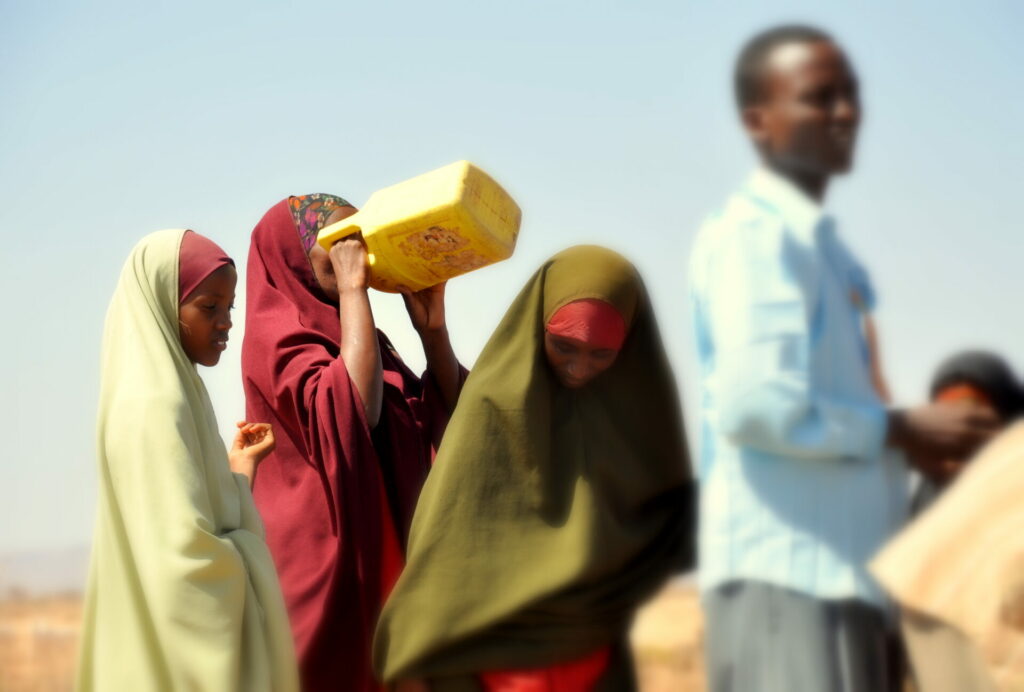Covid-19 loans from the International Monetary Fund (IMF) intended to help poorer countries struggling with the pandemic are actually forcing developing countries in the Global South to adopt tough new austerity measures.
Oxfam has reported that 87% of the loans will end up exacerbating poverty and inequality and accuses the IMF of double standards given it recently had warned European countries against austerity measures.
New analysis published on Tuesday shows that the IMF currently has Covid-19 loan programmes with 23 countries, negotiated between March 2021 and March 2022.
Fifteen of these loans are tied to conditionalities or policy requirements which include structural economic reforms in the recipient country. These often focus on implementing public spending cuts or increasing food and fuel taxes. Oxfam’s analysis now shows that it will be the poorest who are expected to foot the bill.
In Kenya, a 2021 loan of $2.3 billion requires the country to freeze public sector wages for three years and increase taxes on cooking gas and food. Public sector wage freezes can lead to lower quality of education and fewer nurses.
In Sudan, where 9.8 million live in food insecurity and 87% of wheat is imported from Russia and Ukraine, the country is obliged to scrap fuel subsidies; this will hit the poorest hardest. Even before the war in Ukraine, the country is already facing international aid cuts, economic turmoil and rising prices for food and medicine.
IMF’s double standards
The IMF has been accused of double standards when it comes to promoting austerity in poorer countries while advising against it in richer countries. IMF chief Kristalina Georgieva recently urged Europe not to endanger its economic recovery with “the suffocating force of austerity”.
Nabil Abdo, Oxfam International’s Senior Policy Advisor stated: “This epitomises the IMF’s double standard: it is warning rich countries against austerity while forcing poorer ones into it.”
“The pandemic is not over for most of the world. Rising energy bills and food prices are hurting poor countries most. They need help boosting access to basic services and social protection, not harsh conditions that kick people when they are down”.
Related News
- Entire world will feel economic 'ripple effects' of war in Ukraine, IMF warns
- UN scientists optimistic about the impact of climate action and changes in lifestyle
- Covid-19: One-third of world population 'totally unvaccinated'
Public spending cuts in many African nations forced by IMF will likely mean that 43 of 55 African Union members will have no chance of achieving the UN’s Sustainable Development Goals, notably goal number one: eradicating poverty in all its forms.
“The IMF must suspend austerity conditions on existing loans and increase access to emergency financing. It should encourage countries to increase taxes on the wealthiest and corporations to replenish depleted coffers and shrink widening inequality. That would actually be good advice”, said Abdo.
Public health spending key to fighting pandemics
Oxfam's analysis also showed how the failure to tackle inequality and strengthen healthcare in Africa left nations ill-equipped to deal with the pandemic. Also vital are education, workers' rights and a fair taxation system, all of which will be impeded by public expenditure cuts amounting to $183 billion over the next five years in Africa Union states.
In 2020 when the IMF first gave billions in emergency loans to help developing countries cope with the outbreak of the pandemic, few or no conditions were attached.
Yet over the past year, the global financial organisation has gone back to impose strict austerity measures and structural reforms in lower-income countries. This often puts the burden on the poorest and creates unsustainable inequality.
You can find the full report and press release of Oxfam's new findings here.

